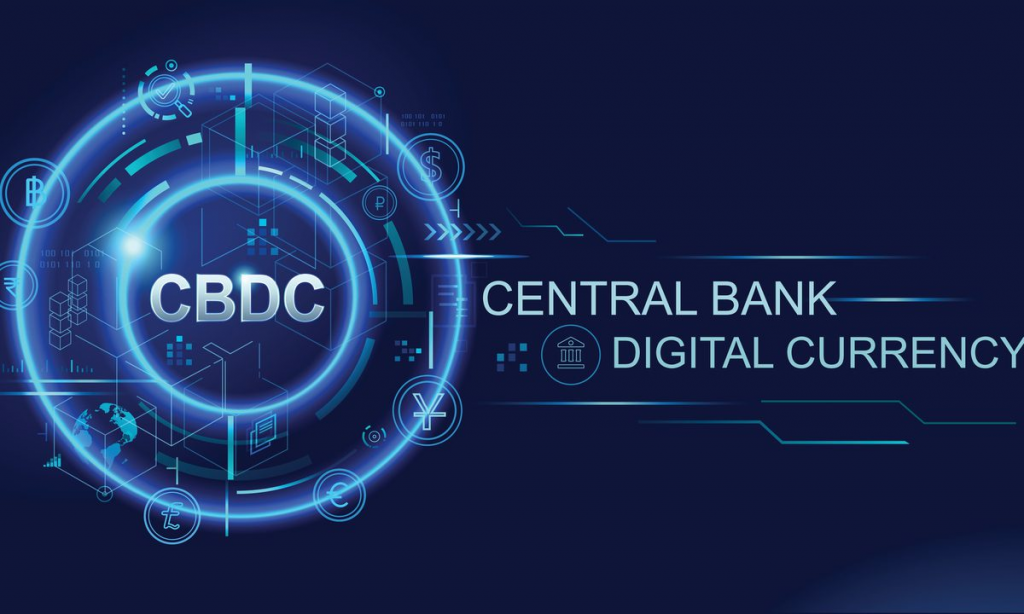Money’s future is digital. The 2022 PwC CBDC Global Index report emphasizes major CBDC projects worldwide and reveals which country is leading the CBDC race.
According to the 2022 PwC CBDC Global Index report, more than 80% of central banks worldwide are either considering launching or have already done so a central bank digital currency (CBDC).
The PwC CBDC Global Index examines and ranks the most prominent retail and wholesale CBDC projects. The index assesses the current stage of CBDC project development while also considering central bank opinion and public interest. Below is two popular CBDC projects you can learn from.
1. Retail CBDC projects

Retail CBDC projects are digital currencies designed for public use. It has developed to a more advanced stage than wholesale projects (digital currencies used by financial institutions with accounts with central banks). Still, progress on several successful wholesale pilots has been made in the last year.
The Index’s retail projects are led by the Central Bank of Nigeria’s (CBN) eNaira, Africa’s first CBDC, and the Sand Dollar, which will be issued as legal tender by the Central Bank of the Bahamas in October 2020, making the Bahamas the first country to launch a CBDC. With the digital yuan, China became the first major economy to pilot a CBDC in 2020, and as of March 2022, pilot programs are running in 12 cities, including Shanghai and Beijing.
The Reserve Bank of India’s effort to launch its own retail CBDC, the ‘Digital Rupee,’ is also mentioned in the report.
2. Wholesale CBDC projects

The Hong Kong Monetary Authority (HKMA) and the Bank of Thailand (BoT) have collaborated to work on the mBridge project, which is focused on developing a cross-border foreign exchange payment using distributed ledger technology proof-of-concept prototype to enable real-time. The launch of the Monetary Authority of Singapore (MAS) is also highly ranked, with two new CBDC projects as it continues to develop a wholesale CBDC for cross-currency payments.
Stablecoins, which are digital currencies backed by fiat money and may be used to connect the traditional financial ecosystem with cutting-edge technologies, are also covered in the PwC research.
“CBDCs will enable the financial services industry to make more effective, lower-cost, and 24/7/365 cross-border payments,” said Gary Ng, Partner Risk Assurance, PwC Hong Kong.
Conclusion
CBDC initiatives are gaining traction. The pace of progress will pick up, with some projects gaining traction on both the retail and wholesale fronts. Finally, with over 88 percent of CBDC projects in the pilot or production phase, it is unsurprising that blockchain is the preferred technology. Security, transparency, and programmability are among the benefits cited for blockchain. This upper is two popular CBDC projects from which you can learn.
Contact SmartOSC if you require assistance with blockchain services. SmartOSC provides blockchain security solutions with excellent services such as security audit with full-fledged assessment for smart contract, wallet, dApp, protocol vulnerability; 24/7 MDR with round-the-clock managed detection and response services with the proactive investigation and fast response; pentest with penetration test for your web, mobile app or network to tighten security measures.
Contact us if you have any queries about Blockchain development services, dApps development, NFT marketplace development, Crypto wallet development, Smart contracts development.

